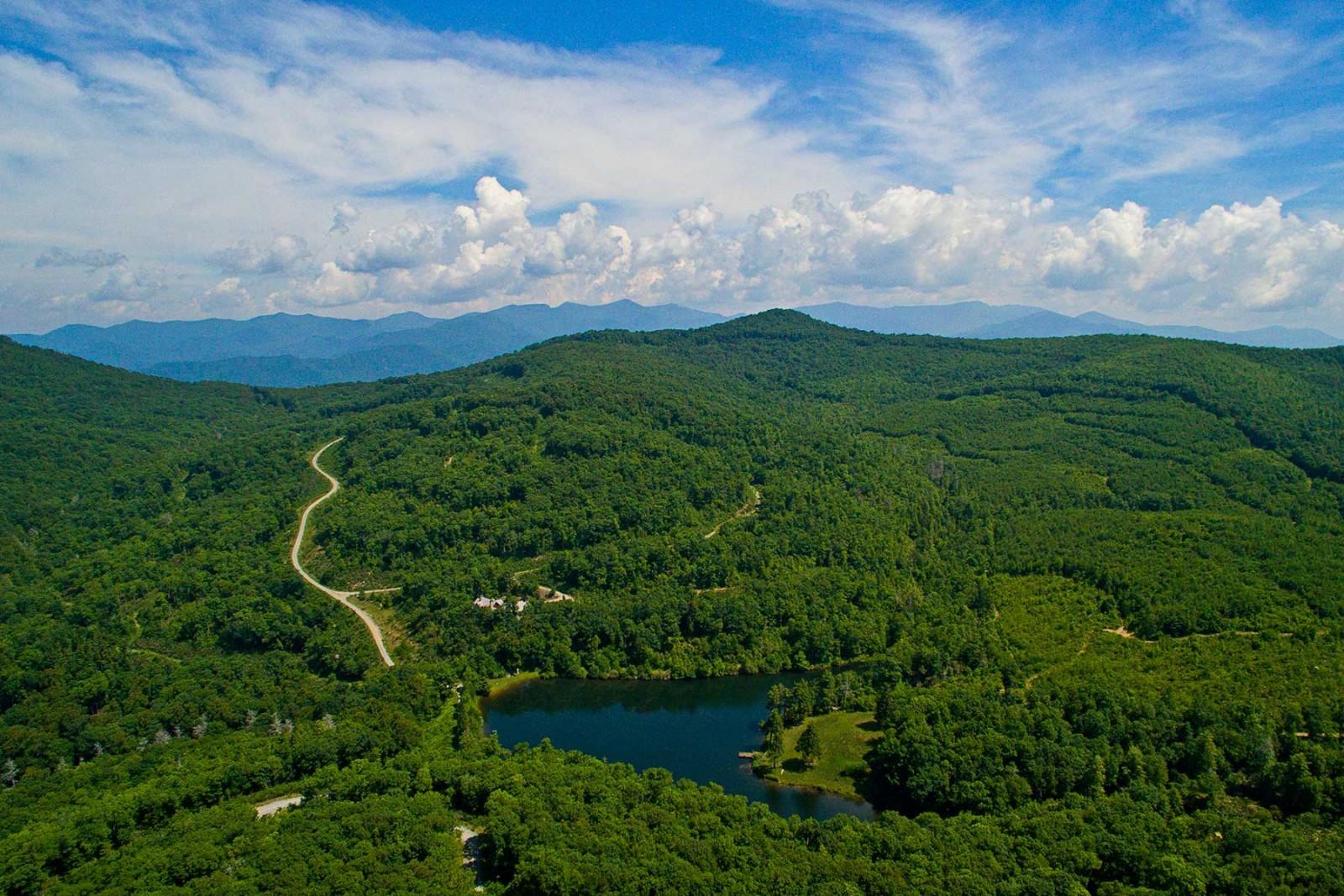How to Select Hunting Land that Fits Your Needs
 There’s a lot of land out there that is suitable for hunting, but picking the right plot isn’t as easy as choosing the first one that you see. There are a lot of different factors that you need to consider before it’s safe for you to buy any hunting land. If you don’t take your time and do your research, there’s a very good chance that you will end up with something that doesn’t meet your needs. If you do take the time to do the search properly, you can end up with the perfect place to hunt.
There’s a lot of land out there that is suitable for hunting, but picking the right plot isn’t as easy as choosing the first one that you see. There are a lot of different factors that you need to consider before it’s safe for you to buy any hunting land. If you don’t take your time and do your research, there’s a very good chance that you will end up with something that doesn’t meet your needs. If you do take the time to do the search properly, you can end up with the perfect place to hunt.
Check State Regulations
The local laws that govern hunting on your own land should be your first concern. The federal government does provide some regulations, but most of the laws are passed at the state level. This isn’t a major concern if you are only willing to buy land in one state. On the other hand, people who are willing to look at options in several states can pick a plot that is subject to the most favorable laws possible.
Survey the Population
The next step is to make sure that the land has enough animals to support regular hunting. Each species needs to be examined separately, so this stage can take quite a bit of effort. Most state governments will provide some information about wildlife populations within their jurisdiction, but those statistics are not always specific enough to be useful when assessing individual sites. Look for the most local source of information that you can find to get the best information. If there isn’t a government source that seems useful, try to get into contact with local hunting organizations.
When examining potential sites, look for features that will attract animals, according to Tutt Land Company. Plentiful food and water are the easiest to find, but sheltered areas that attract animals are also useful. Those increase the odds of finding animals within the property itself, so they boost the site’s value.
Look for Improvements
There are a lot of ways to improve a piece of hunting lab. Small cabins or other shelters can make it easier to spend several days out on a hunting trip, while permanent tree stands will save you the trouble of of putting up a temporary one during each trip. If you intend to hunt on the water, having a place where you can easily store and launch a boat will make your job much easier. It’s possible to build that kind of improvement on your own, but it can take a lot of time and money. Their presence will drive up the cost of the land, but it’s often worth paying a little extra to make sure that you don’t have to go to the effort of building them yourself. On the other hand, there’s no sense in paying for an improvement that you are never going to use. Make sure that you know your needs before you start to look at improved land.
Consider Ease of Access
Consider how easy or difficult it will be to get access any piece of land before you buy it. If you need to cross other properties to access it, you may need to reach an agreement with the owners of those properties before you make the purchase. Even if that isn’t necessary, the time that it takes to get to the hunting land from your home can be an issue. If getting to the land is too hard or takes too long, you’re not likely to use it as much as you would like.
Extra Resources
Hunting land is often good for other uses. A lake or river can provide excellent fishing. Some woodlands can be harvested to make some extra money on lumber, depending on local laws. Some areas will even provide mushrooms or other wild foods for people who want to gather them. When you pick your plot of hunting land, you should consider all of the other ways that you can put it to use, and decide if you are willing to pay extra for any of those uses. Even if you aren’t interested in fishing or mushroom hunting, your friends or family might be interested in taking advantage of the other resources. If they aren’t, you may be able to recoup some of your investment by charging visitors for access or selling the resources directly.

















